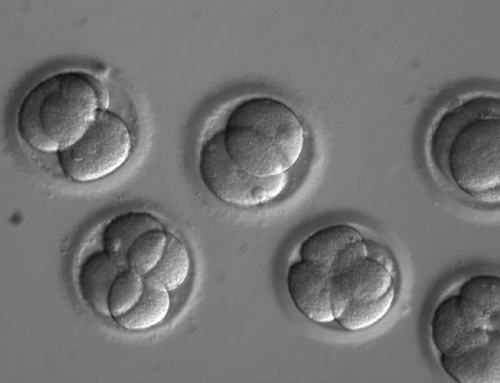What causes infertility?
Infertility happens when a couple cannot conceive after having regular unprotected sex. We generally refer to these as infertility factors. can be divided into a few main categories.

Ovulatory Factors:
Ovulation disorders can be due to:
Polycystic ovary syndrome (PCOS): The ovaries function abnormally and ovulation may not occur.
Hyperprolactinemia: If prolactin levels are high, and the woman is not pregnant or breastfeeding, it may affect ovulation and fertility.
Poor egg quality: Eggs that are damaged or develop genetic abnormalities cannot sustain a pregnancy. The older a woman is, the higher the risk.
Thyroid problems: An overactive or under-active thyroid gland can lead to a hormonal imbalance.
Chronic conditions: These include AIDS or cancer.
Uterine & Tubal Factors:
Causes include:
Submucosal fibroids: Benign or non-cancerous tumors occur in the muscular wall of the uterus. They can interfere with implantation or block the fallopian tube, preventing sperm from fertilizing the egg. Large submucosal uterine fibroids may make the uterus cavity bigger, increasing the distance the sperm has to travel.
Endometriosis: Cells that normally occur within the lining of the uterus start growing elsewhere in the body.
Previous sterilization treatment: In women who have chosen to have their fallopian tubes blocked, the process can be reversed, but the chances of becoming fertile again are not high.
Low sperm mobility (motility): The sperm cannot “swim” as well as they should to reach the egg.
Abnormal sperm: The sperm may have an unusual shape, making it harder to move and fertilize an egg.If the sperm do not have the right shape or cannot travel rapidly and accurately towards the egg, conception may be difficult. Up to 2 percent of men are thought to have suboptimal sperm.
Abnormal semen may not be able to carry the sperm effectively.
Unexplained Infertility:






